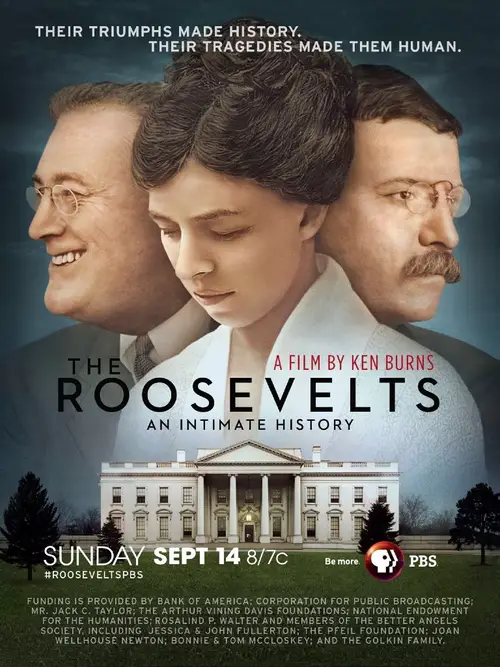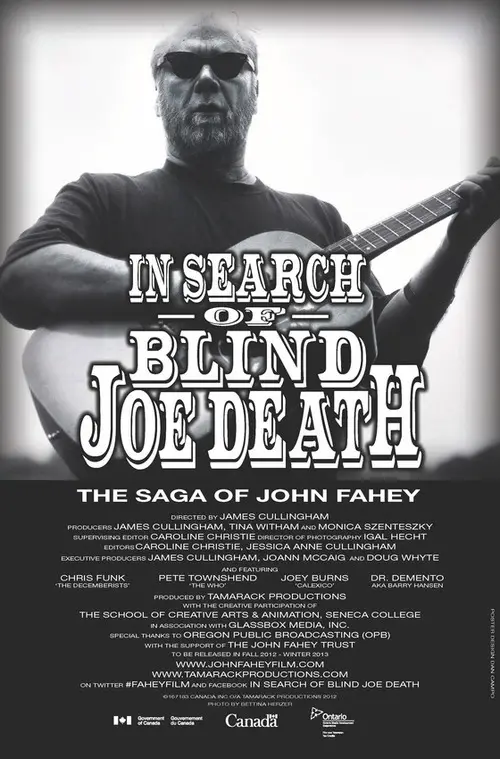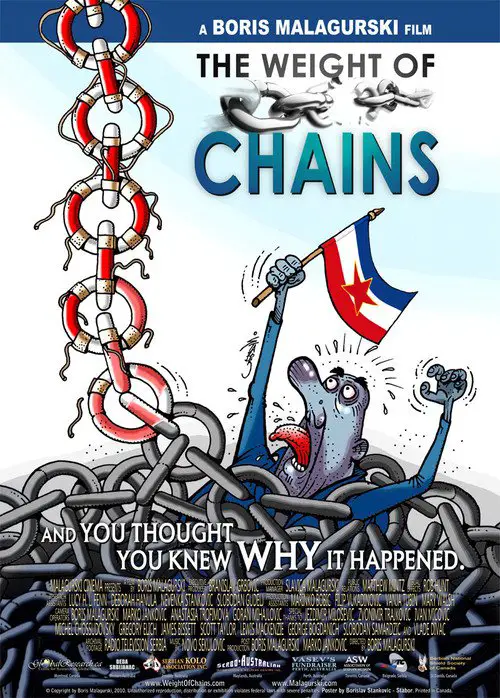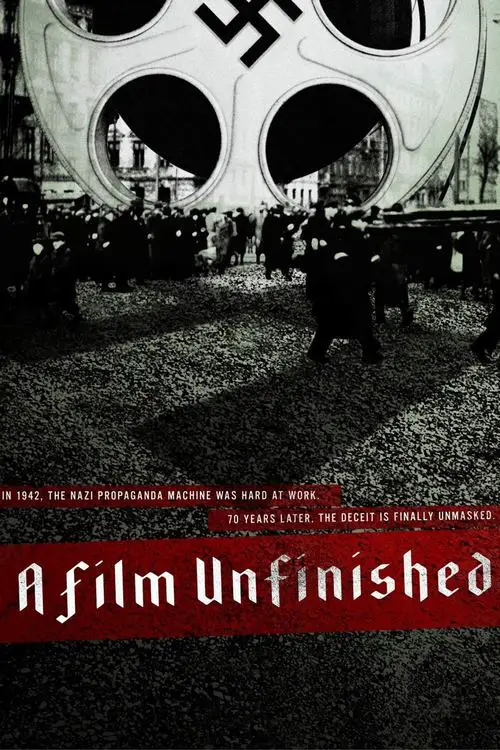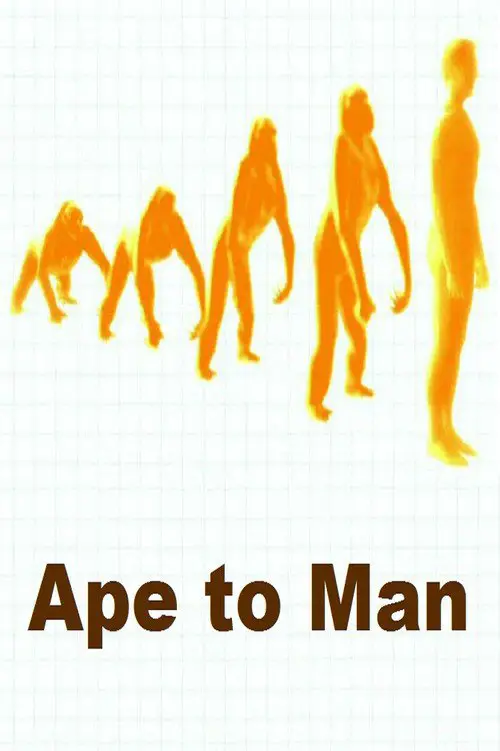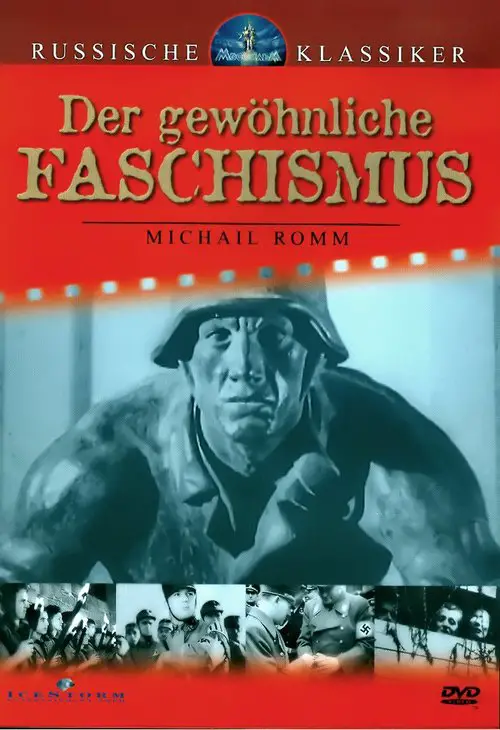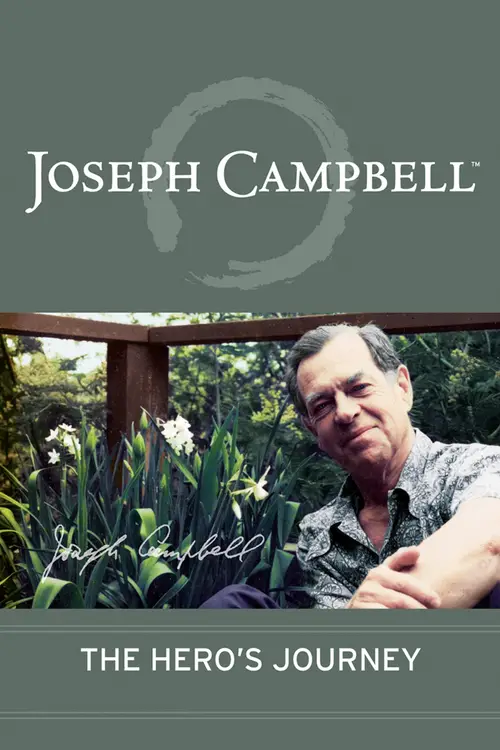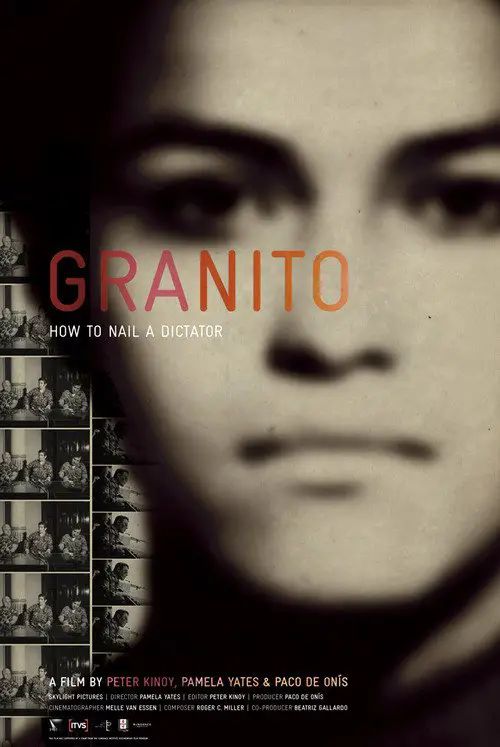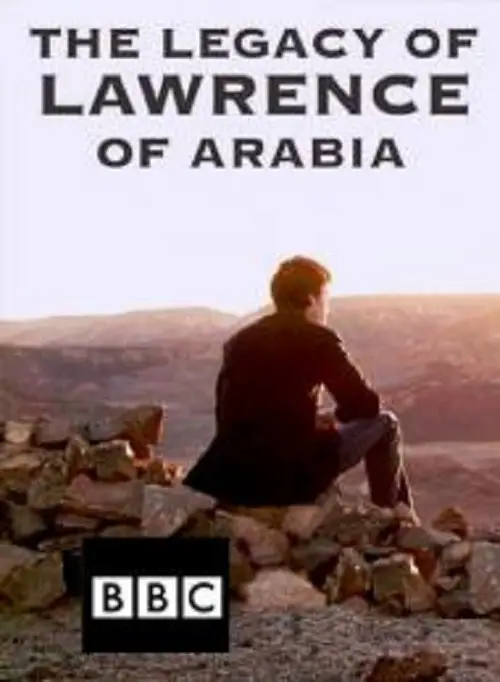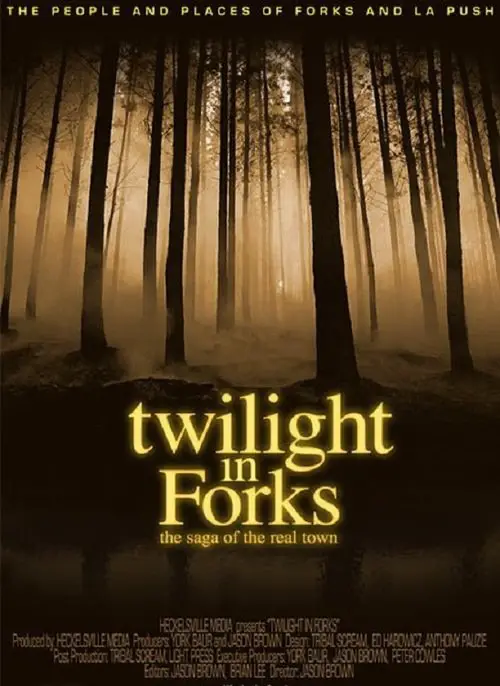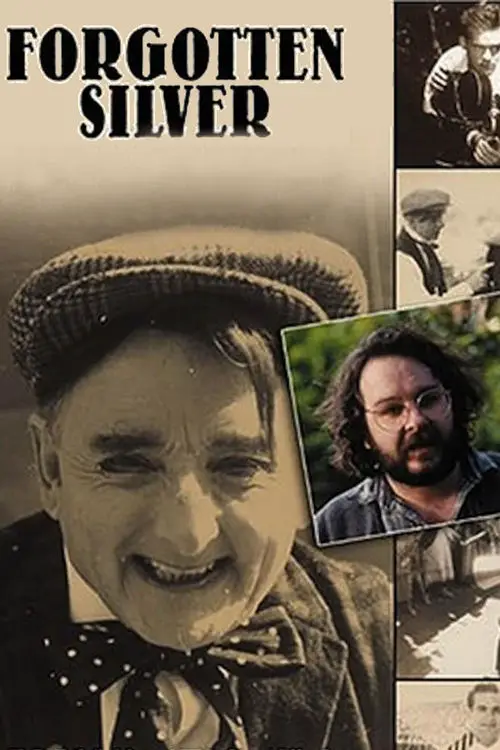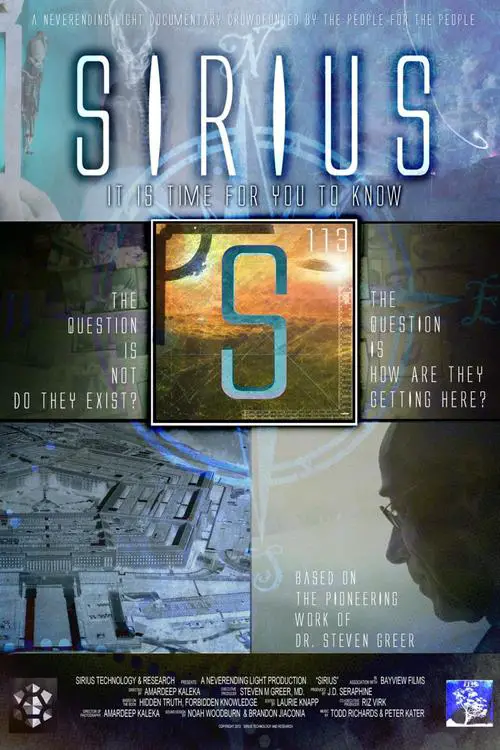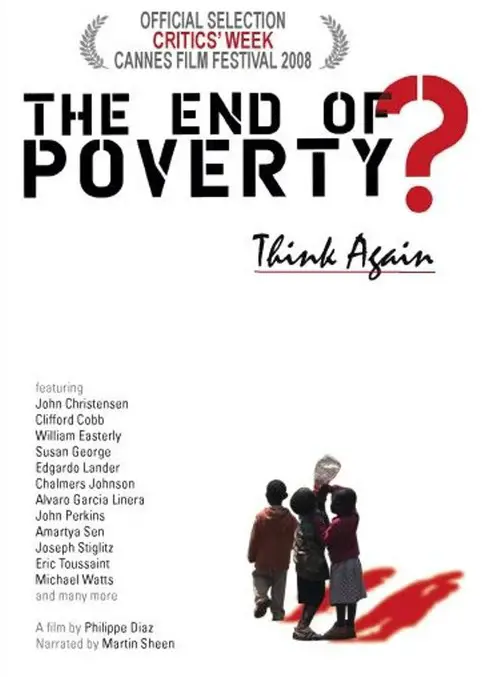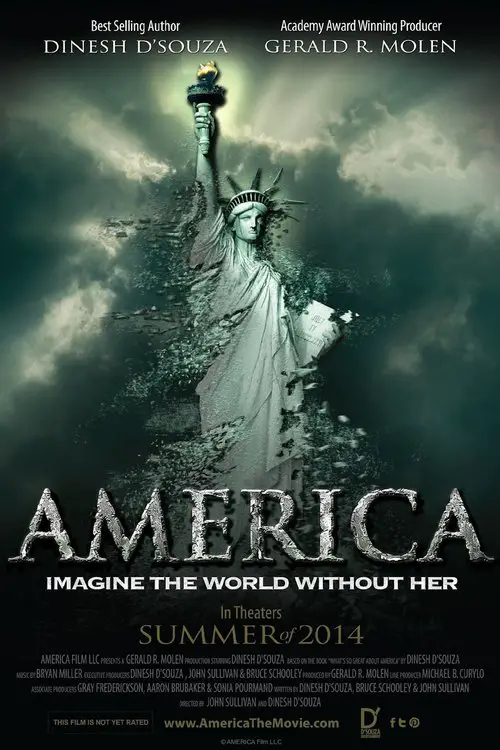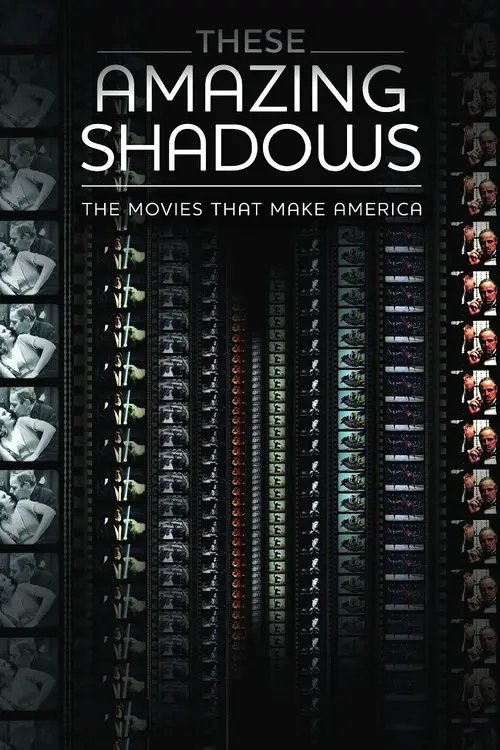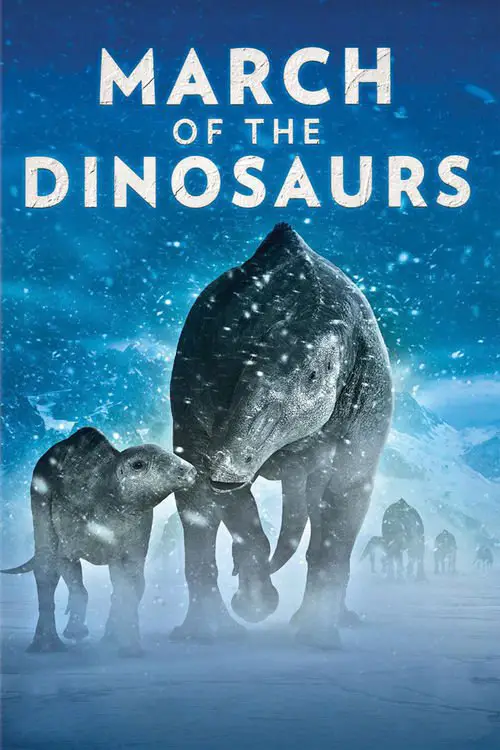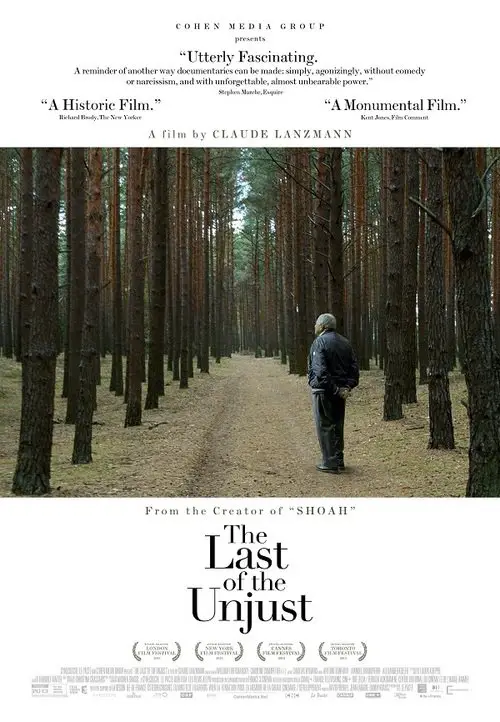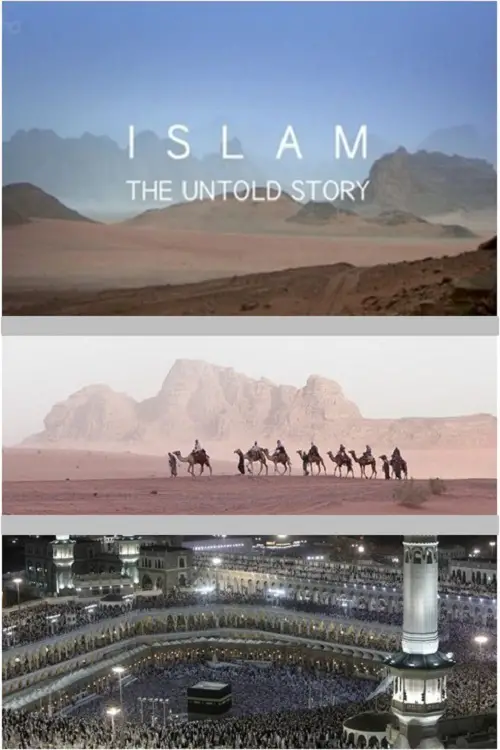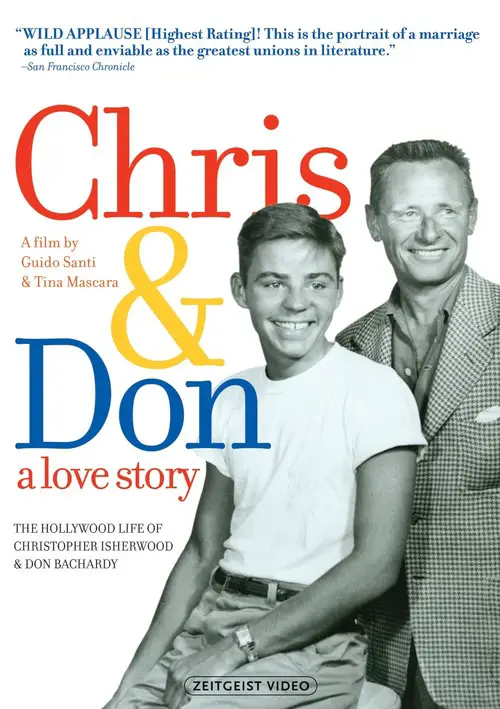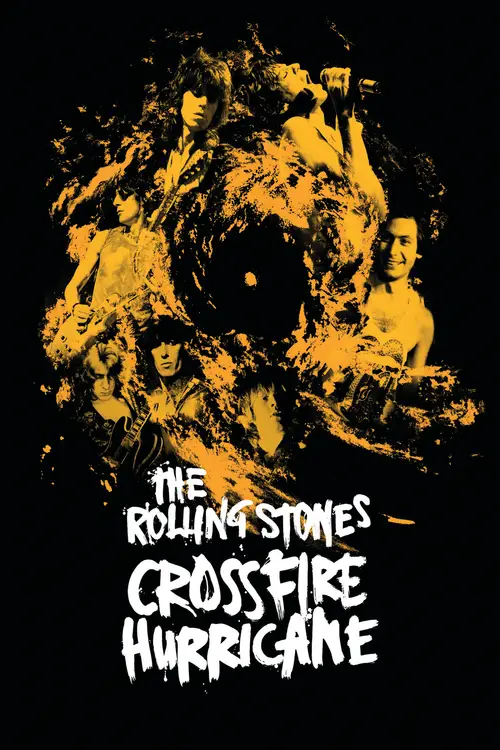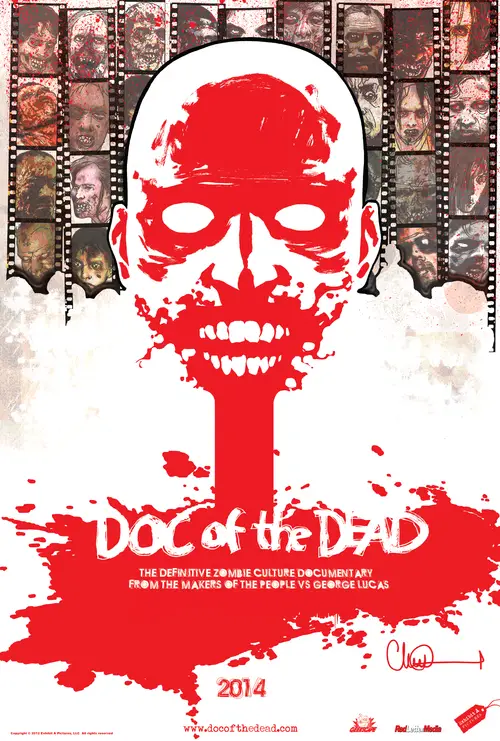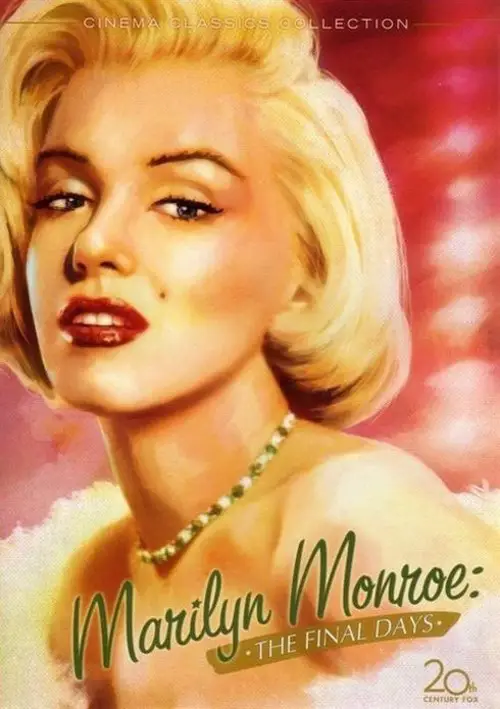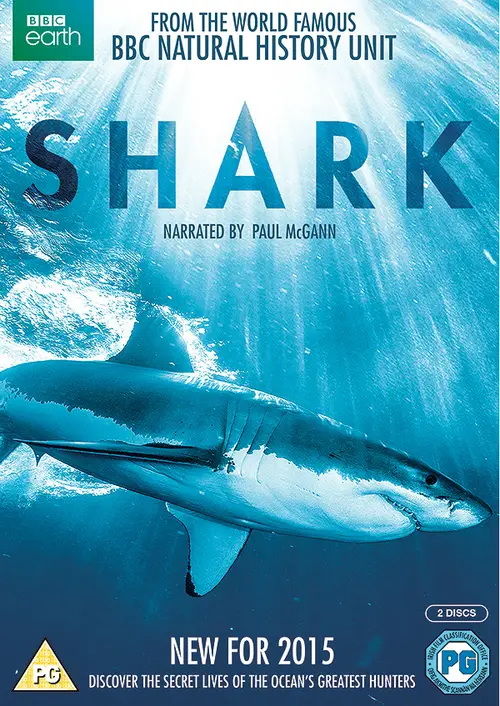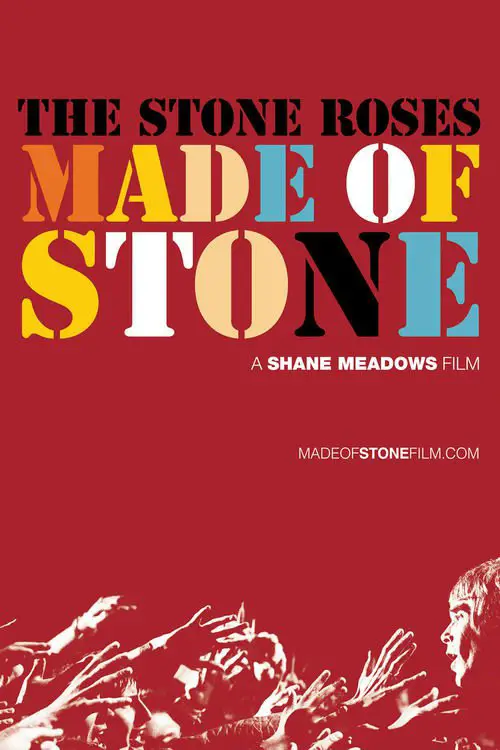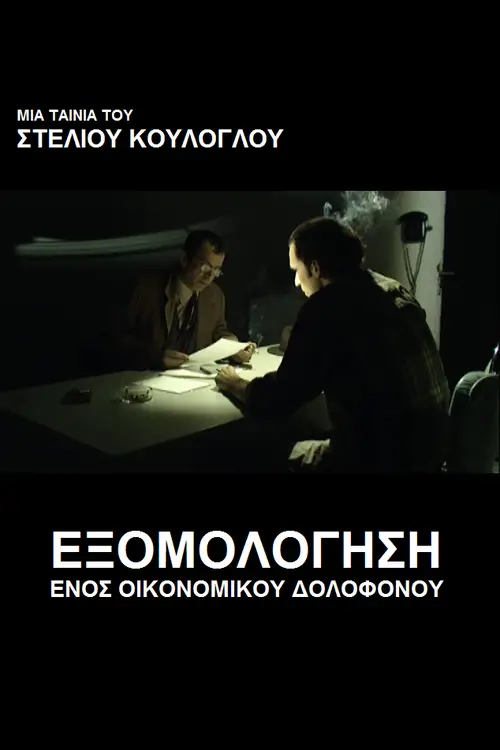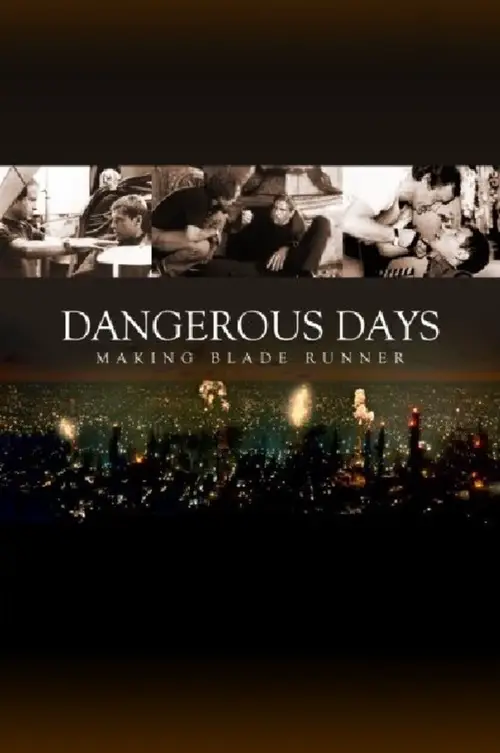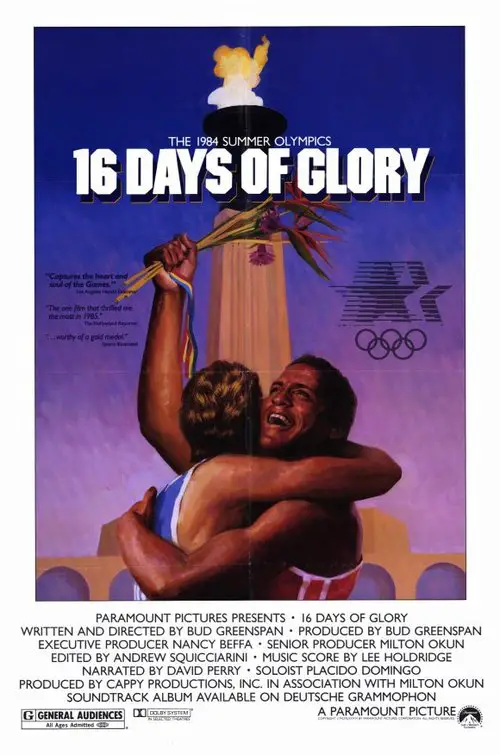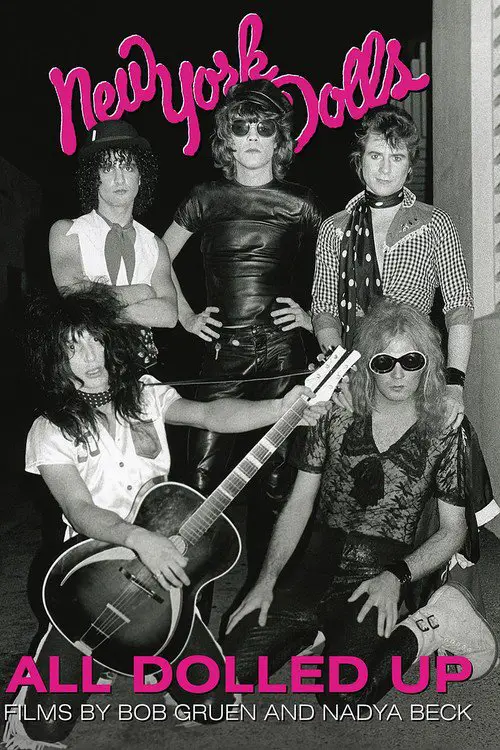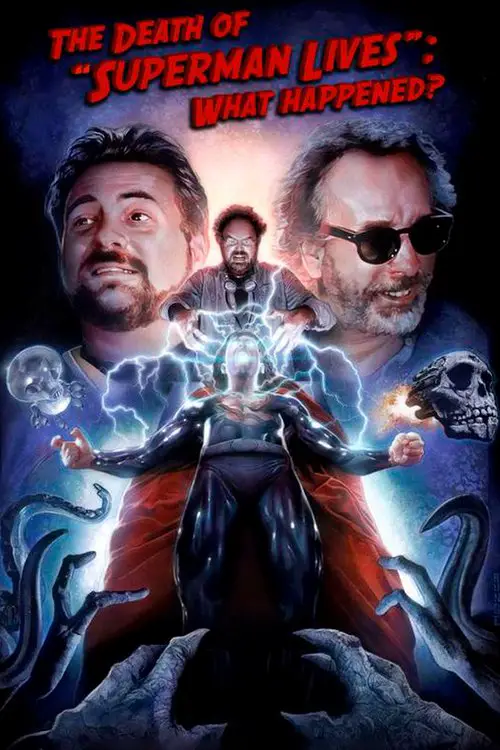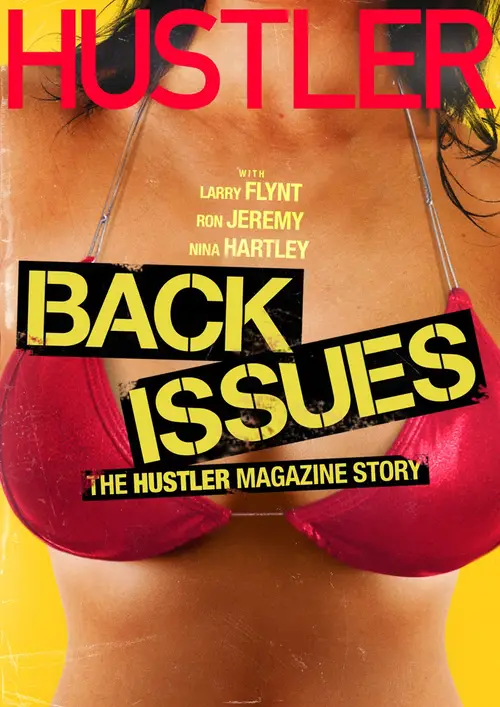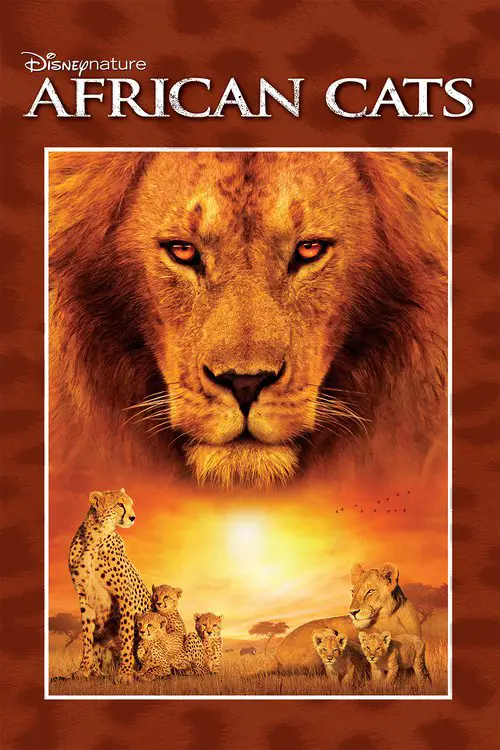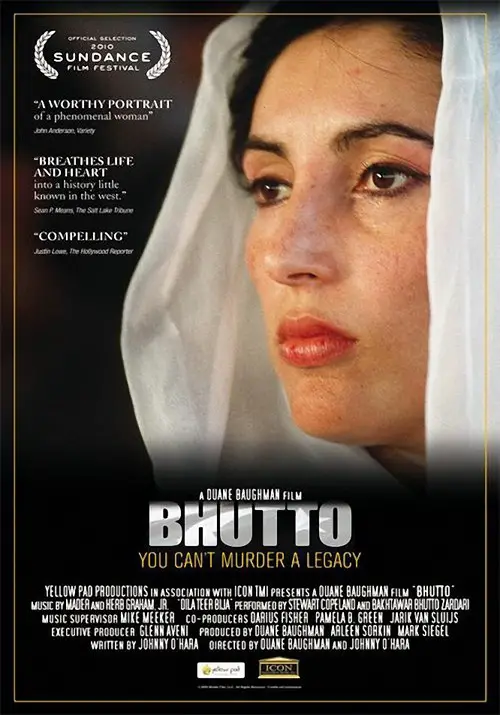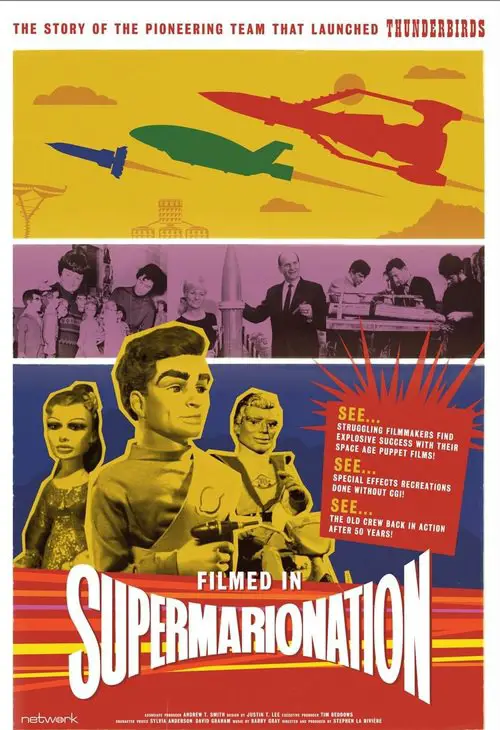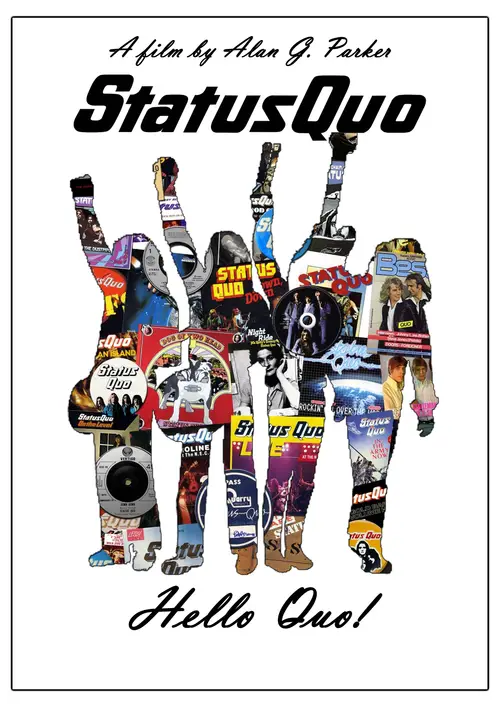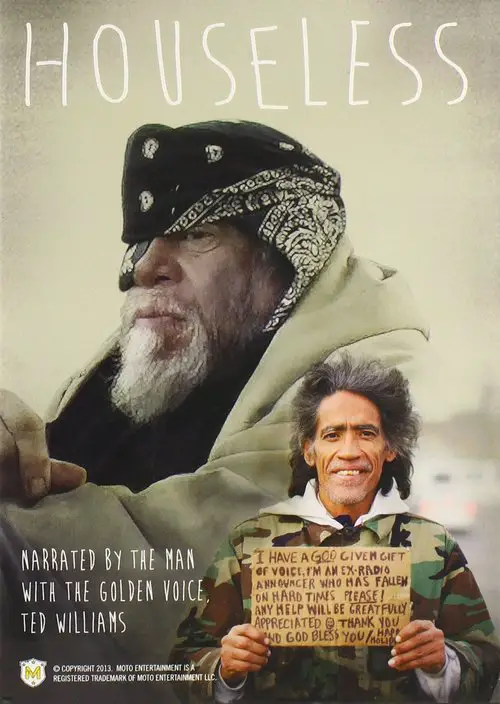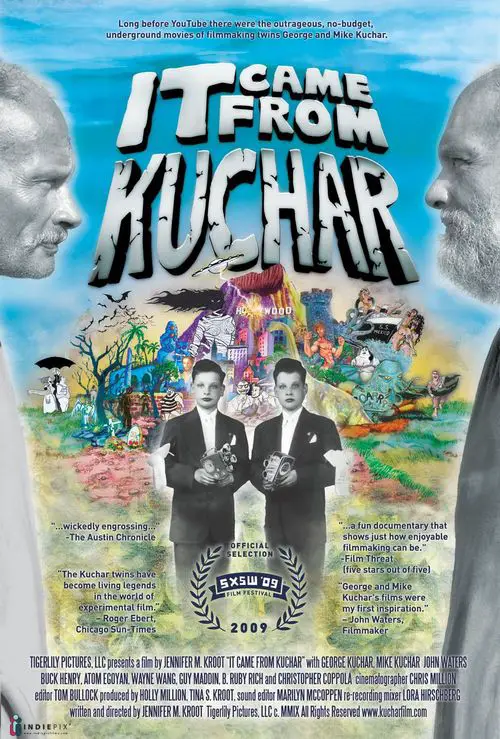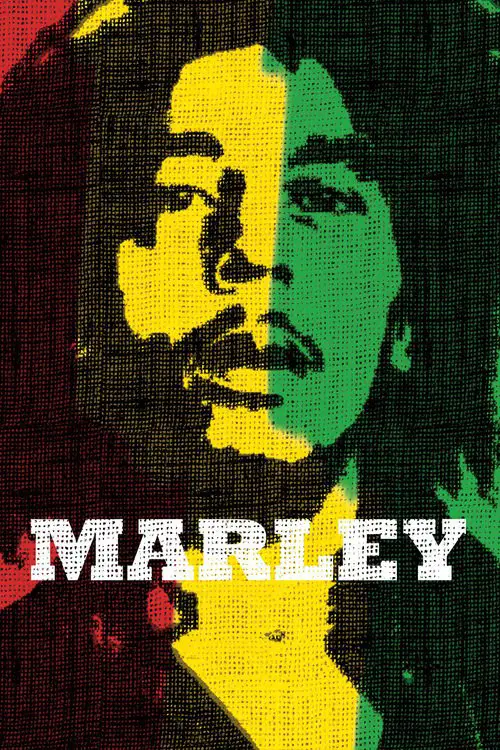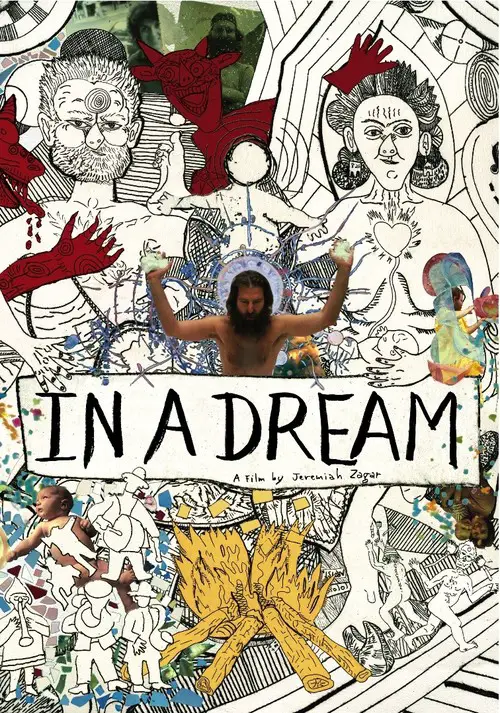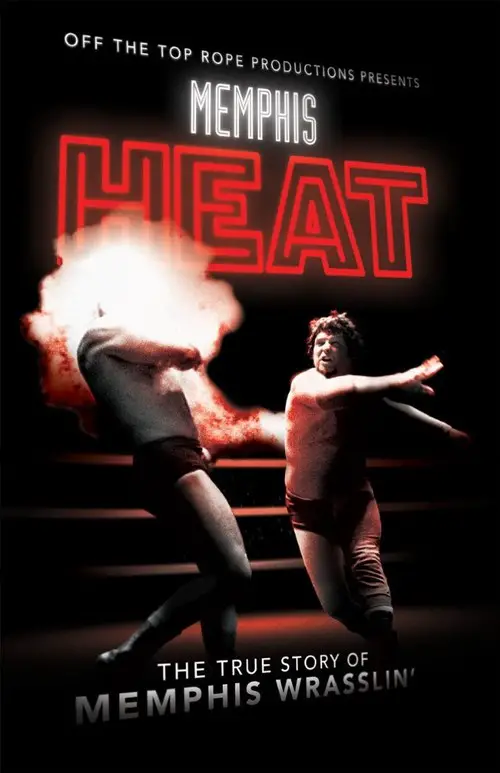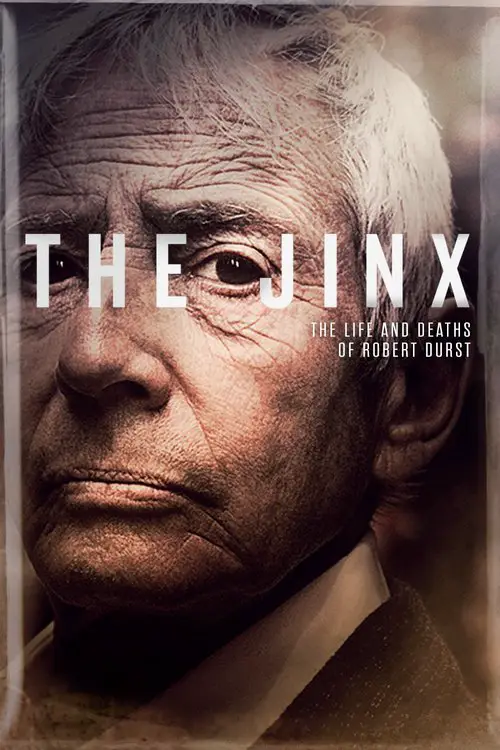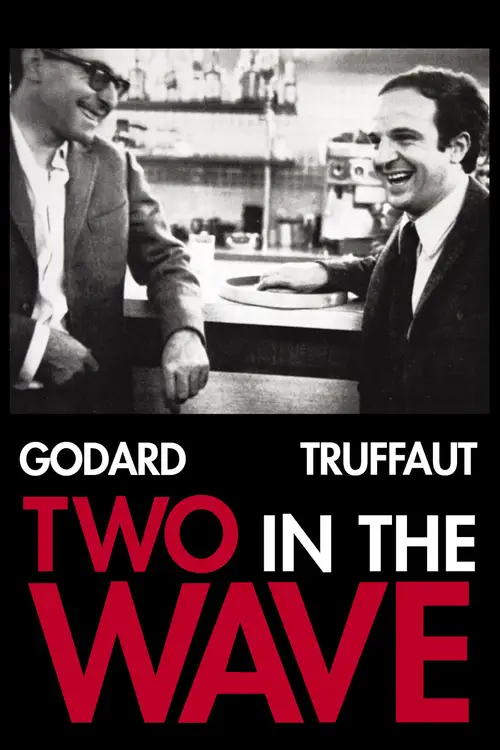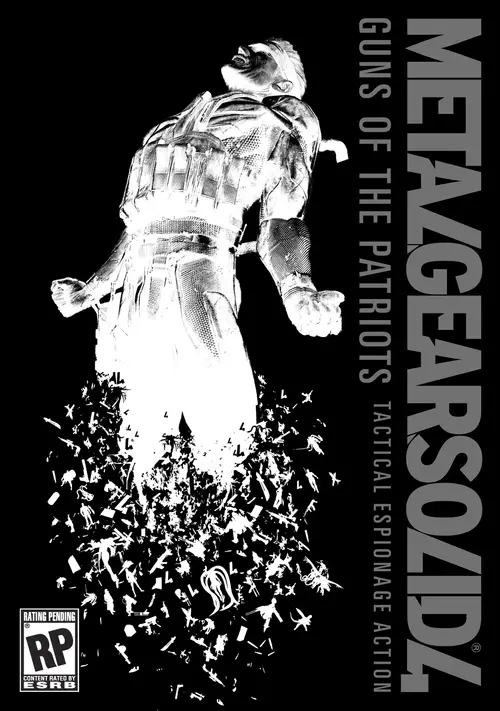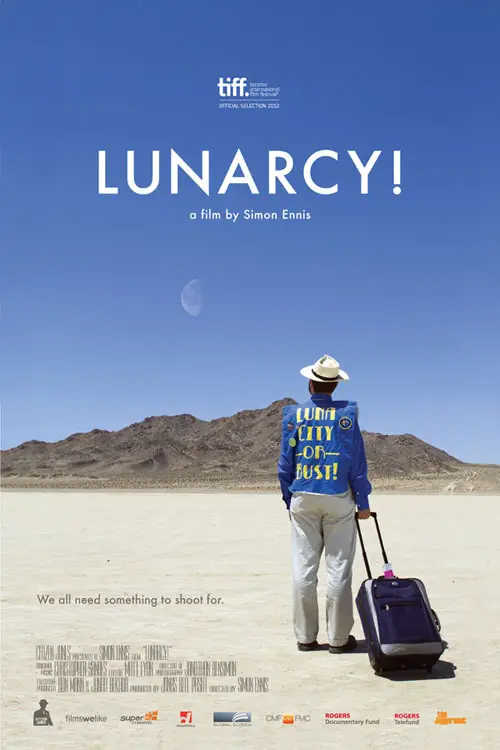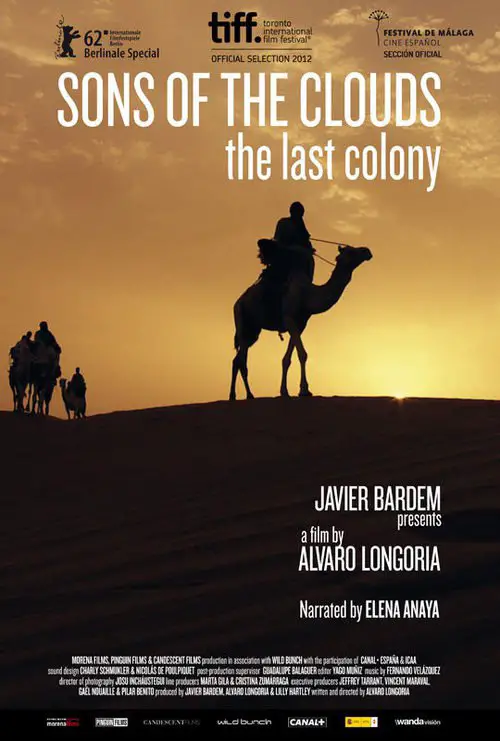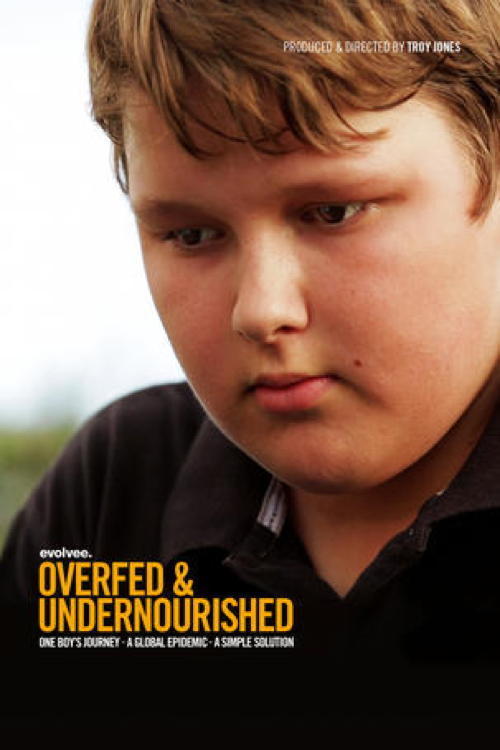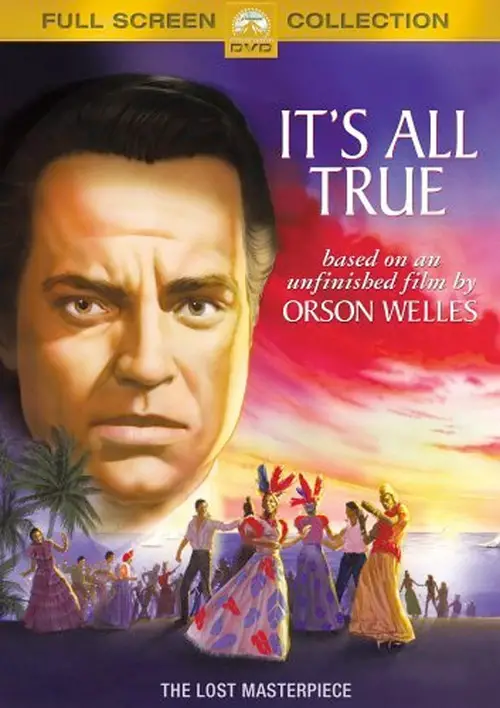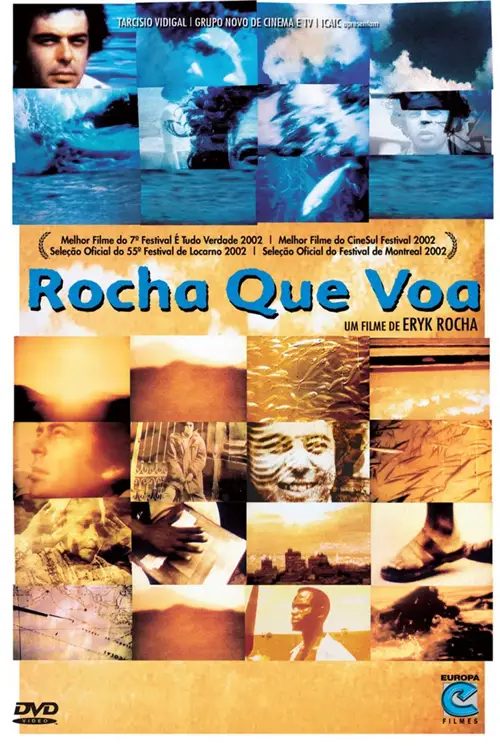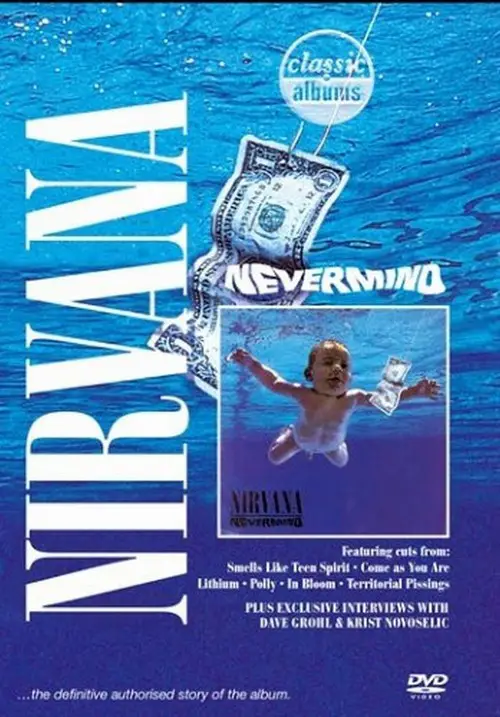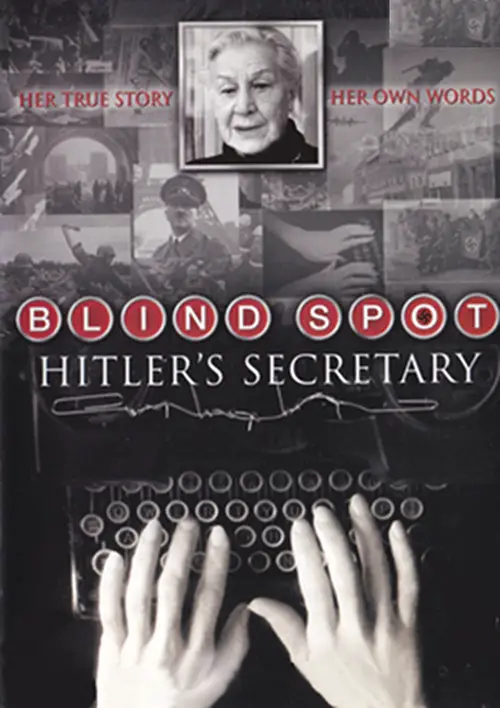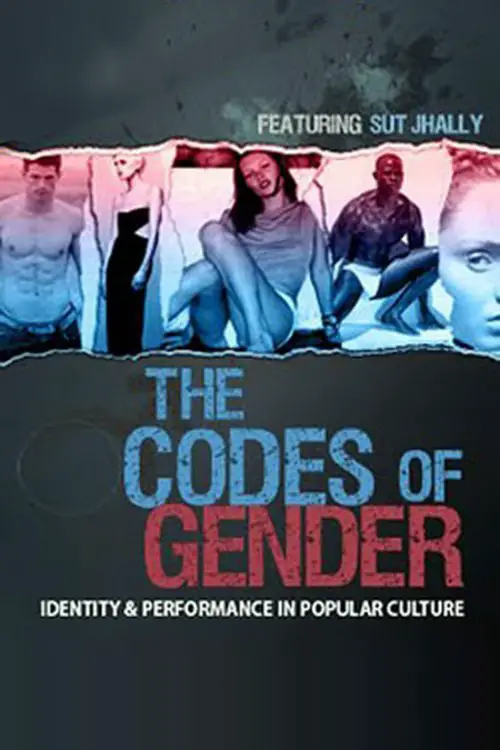Desperate Crossing: The Untold Story of the Mayflower (2006)
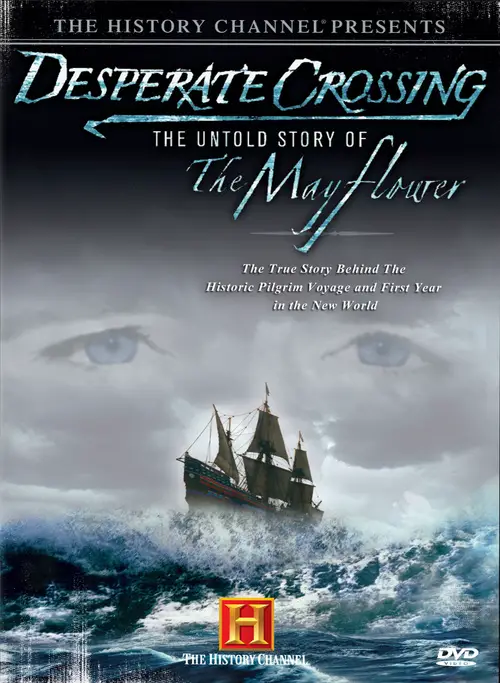
Similar movies
In Search of Blind Joe Death: The Saga of John Fahey is a documentary film about the legendary American guitarist, composer and provocateur John Fahey, 1939-2001. Fahey is often considered the godfather of 'American primitive guitar'. This cinematic exploration features Pete Townshend, Chris Funk of The Decemberists and Joey Burns of Calexico. These stellar musicians, along with Fahey associates and friends such as the famous 'Dr. Demento', radio broadcaster Barry Hansen, explore the legacy of this profoundly influential artist. The film was recorded in the Washington D.C. area where John Fahey was born, along the Mississippi Delta from Memphis to New Orleans, in Los Angeles, Toronto, Austin, New York and in Oregon where Fahey spent his last two decades.
The Weight of Chains is a Canadian documentary film that takes a critical look at the role that the US, NATO and the EU played in the tragic breakup of a once peaceful and prosperous European state - Yugoslavia. The film, bursting with rare stock footage never before seen by Western audiences, is a creative first-hand look at why the West intervened in the Yugoslav conflict, with an impressive roster of interviews with academics, diplomats, media personalities and ordinary citizens of the former Yugoslav republics. This film also presents positive stories from the Yugoslav wars - people helping each other regardless of their ethnic background, stories of bravery and self-sacrifice.
Yael Hersonski's powerful documentary achieves a remarkable feat through its penetrating look at another film-the now-infamous Nazi-produced film about the Warsaw Ghetto. Discovered after the war, the unfinished work, with no soundtrack, quickly became a resource for historians seeking an authentic record, despite its elaborate propagandistic construction. The later discovery of a long-missing reel complicated earlier readings, showing the manipulations of camera crews in these "everyday" scenes. Well-heeled Jews attending elegant dinners and theatricals (while callously stepping over the dead bodies of compatriots) now appeared as unwilling, but complicit, actors, alternately fearful and in denial of their looming fate.
Scientists from the mid-nineteenth century have searched for the fossil remains of the "missing link" in evolution - the half-man, half-ape that would explain where mankind came from. But over the last century and a half, it has been the idea of what a missing link is that has evolved. The history of this scientific quest - peopled with fanatics, frauds, amateurs, professionals, the lucky, the unlucky, the unfairly neglected and the undeservedly praised - is the subject of this documentary. Reenactments depict scientists making their discoveries and then stretch back hundreds of thousands, even millions, of years to depict the typical lives of our human and human-like ancestors. Interviews with leading scientists fill in the details.
Romm's "Ordinary Fascism" pulls out all the stops in its selection of documentary material to draw the viewer not only into absolute horror about fascism and nazism in the 1920s-1940s Europe, but also to a firmest of convictions that nothing of the sort should be allowed to happen again anywhere in the world.
One of the greatest storytellers of our time, and arguably the greatest mythologist, Joseph Campbell spent most of his long, rich career explaining how ancient myths like the Heroâs Journey are relevant to modern life. In understanding the importance of myth as a vital, vibrant source of "mankindâs one great story," Campbell inspired others to embark on a quest for the meaning of myth in their own lives. This biographical portrait, filmed shortly before his death in 1987, follows Campbellâs personal questâa pathless journey of questioning, discovery, and ultimately of delight and joy in a life to which he said, "Yes."
Granito is a story of destinies joined by Guatemalaâs past, and how a documentary film intertwined with a nationâs turbulent history emerges as an active player in the present. Its characters sift for clues buried in archives of mind and place and historical memory, seeking to uncover a narrative that could unlock the past and settle matters of life and death in the present. Each of the five main characters whose destinies collide in Granito are connected by the Guatemala of 1982, then engulfed in a war where a genocidal âscorched earthâ campaign by the military exterminated nearly 200,000 Maya people. Now, as if a watchful Maya god were weaving back together threads of a story unraveled by the passage of time, forgotten by most, our characters become integral to the overarching narrative of wrongs done and justice sought that they have pieced together, each adding their granito, their tiny grain of sand, to the epic tale.
In the First World War, T.E Lawrence helped to unite feuding Arab tribes into a formidable guerrilla army which helped to topple the Ottoman Empire. But today Lawrence has an extraordinary new relevance. His experiences of defeating a foreign military occupation, and of leading an insurgency, have led to him being held up as the man who cracked fighting in the Middle East. Lawrence had aimed, he said, âto write his will across the skiesâ and build a new independent Arab nation, but in these two films Rory Stewart shows how Lawrence felt his dream ended in catastrophe and shame. Drawing a comparison between Lawrence's experience and today, Rory explains how Lawrence came to the conclusion that foreign military interventions in the Middle East are fundamentally unworkable. He concludes, 'Looking at Iraq and Afghanistan today, I believe very strongly that Lawrence's message would not have been do it better, do it more sensitively, but don't do it at all.'.
Twilight in Forks is the definitive DVD documenting the town of Forks made famous by the Twilight books and movies. Are there truly vampires and werewolves there? Hear from the real people living their lives in the town fans know and love, including the Chief of Police, the Forks Outfitters' employee who gets mistaken for Bella, and the vampire transplant who plays the real-life role of Alice. Visit Forks High School, hear self-described Jacob's grandfather tell the legend of how the Quileutes descended from wolves, and see may more of the people and places that make Forks and La Push the perfect setting for the Twilight Saga.
This dryly funny mockumentary about the lost work of a pioneering New Zealand film genius is probably one of the best examples of the faux-documentary genre. In fact, it was so successful that when it originally aired on New Zealand television, hundreds of viewers bought the premise hook, line, and sinker. If you didn't know any better yourself, it's entirely possible you might be duped into believing the extremely tall tale of one Colin MacKenzie, an ambitious filmmaker who made the world's first talking movie (years before The Jazz Singer), invented color film, and created a huge biblical epic that would put Cecil B. DeMille and D.W. Griffith to shame. Filmmaker Peter Jackson (Heavenly Creatures) shrewdly inserts himself into the film via his documentation of the "discovery" of McKenzie's lost epic, which for years was preserved in a garden shed.
The End of Poverty? asks if the true causes of poverty today stem from a deliberate orchestration since colonial times which has evolved into our modern system whereby wealthy nations exploit the poor. People living and fighting against poverty answer condemning colonialism and its consequences; land grab, exploitation of natural resources, debt, free markets, demand for corporate profits and the evolution of an economic system in in which 25% of the world's population consumes 85% of its wealth. Featuring Nobel Prize winner Amartya Sen and Joseph Stiglitz, authors/activist Susan George, Eric Toussaint, Bolivian Vice President Alvaro Garcia Linera and more.
Political commentator, author and filmmaker Dinesh D'Souza puts forth the notion that America's history is being replaced by another version in which plunder and exploitation are the defining characteristics. D'Souza also posits that the way the country understands the past will determine the future. Using historic re-enactments, D'Souza explores the lives and sacrifices of some of America's greatest heroes, including George Washington and Frederick Douglass.
A place: Theresienstadt. A unique place of propaganda which Adolf Eichmann called the "model ghetto", designed to mislead the world and Jewish people regarding its real nature, to be the last step before the gas chamber. A man: Benjamin Murmelstein, last president of the Theresienstadt Jewish Council, a fallen hero condemned to exile, who was forced to negotiate day after day from 1938 until the end of the war with Eichmann, to whose trial Murmelstein wasn't even called to testify. Even though he was without a doubt the one who knew the Nazi executioner best. More than twenty-five years after Shoah, Claude Lanzmann's new film reveals a little-known yet fundamental aspect of the Holocaust, and sheds light on the origins of the "Final Solution" like never before.
This film is released as part of the ongoing 50th anniversary celebration of the Rolling Stones. It tells the story of the Stones' unparalleled journey from blues obsessed teens in the early 60s to their undisputed status as rock royalty. All of the Stones have been newly interviewed and their words form the narrative arc that links together archive footage of performances, news coverage, and interviews, much of it previously unseen. Taking its title from a lyric in "Jumpin' Jack Flash," this film gives the viewer an intimate insight into exactly what it's like to be part of the Rolling Stones as they overcome denunciation, drugs, dissensions, and death to become the definitive survivors. Over a year in the making and produced with the full cooperation and involvement of the Stones, this film is and will remain the definitive story of the world's greatest rock 'n' roll band
Marilyn Monroe's final project, "Something's Got to Give", has become one of the most talked about unfinished films in history. The story of the film and Marilyn's last days were seemingly lost⦠until now. Through interviews, never-before-seen footage and an edited reconstruction of "Something's Got to Give", Marilyn Monroe: The Final Days provides a definitive and fascinating look at the last act in the life of the world's most famous and tragic superstar.
Shark is the definitive series on the apex ocean predator, made on a scale never attempted before and revelatory in both content and photography. This series shows the enormous diversity of sharks around the world and highlights some of the incredible behaviors that have allowed them to survive for over 400 million years. Shark showcases some 30 species with footage from dozens of habitats worldwide including mangrove swamps, shipwrecks, coral reefs, under the polar ice, and on land. The documentary offers new insights, new breakthroughs in technology, and a new generation of cameramen with pioneering approaches to underwater filming.
A documentary about the English alternative rock band, The Stone Roses. Meadows interweaves archive film, intimate behind-the-scenes footage and never-before-seen material, delivering the definitive account of the band and their music. He was also granted unprecedented access to their rehearsals for the summer 2012 Manchester concerts. A momentous occasion in modern music, these were the first gigs performed by The Stone Roses in 16 years.
In front of an angry audience somewhere in Latin America, a North American discloses the secret network that used the World Bank, payoffs, extortion and sex, military coups and political assassinations to create the American empire. The definitive answer to President Bush's question: "why do they hate us?"
AMERICAN MOVIE is the story of filmmaker Mark Borchardt, his mission, and his dream. Spanning over two years of intense struggle with his film, his family, financial decline, and spiritual crisis, AMERICAN MOVIE is a portrayal of ambition, obsession, excess, and one man's quest for the American Dream.
The definitive photographic record of the 1984 Los Angeles Olympics, told "from the inside" through the lives of the participants, the words of David Perry, and the singing voice of Placido Domingo. From the opening to closing ceremonies, this unique style of storytelling shows a side of the Olympic Games not seen by television audiences.
In the early 70âs, Rock photographer Bob Gruen and his wife Nadya purchased a portable Video Recorder. In a period of three years they shot over 40 hours of New York Dolls footage. Now for the first time ever this footage is unveiled. This feature length documentary captures the band during early performances in New York at Kennyâs Castaways and Maxâs Kansas City, then follows the Dolls on their tour of the West Coast, including footage from the Whisky A Go Go, the Real Don Steele Show, Rodney Bingenheimerâs E Club and much more. Intercut with revealing interviews, backstage banter and late night debauchery, this is THE definitive document of the New York Dolls.
The Death of 'Superman Lives': What Happened? feature film documents the process of development of the ill fated "Superman Lives" movie, that was to be directed by Tim Burton and star Nicolas Cage as the man of steel himself, Superman. The project went through years of development before the plug was pulled, and this documentary interviews the major players: Kevin Smith, Tim Burton, Jon Peters, Dan Gilroy, Colleen Atwood, Lorenzo di Bonaventura and many many more.
Back Issues is the definitive documentary of porn magazine Hustler, from its nightclub inception as it adapts to pornography in the 21st century. Director Michael Lee Nirenberg's father was was one of the original art directors in the 1970s and 80s. Back Issues is a complete look at the personalities and features that made this the most offensive magazine of all time. The story is told by its publisher as well as the editors, cartoonists, models, attorneys, art directors and cultural figures for the first time ever.
African Cats captures the real-life love, humor and determination of the majestic kings of the savanna. The story features Mara, an endearing lion cub who strives to grow up with her motherâs strength, spirit and wisdom; Sita, a fearless cheetah and single mother of five mischievous newborns; and Fang, a proud leader of the pride who must defend his family from a once banished lion.
BHUTTO is the definitive documentary that chronicles the life of one of the most complex and fascinating characters of our time. Hers is an epic tale of Shakespearean dimension. Itâs the story of the first woman in history to lead a Muslim nation: Pakistan. Newsweek called it the most dangerous place in the world, and the home of nuclear war heads and the Taliban.
The definitive documentary about the iconic television series developed by Gerry and Sylvia Anderson and their production companies (AP Films and Century 21 Pictures). Supermarionation was a revolutionary technique used in all their programmes throughout the 1960s including Stingray, Captain Scarlet and, most famously, Thunderbirds.
Collecting hours of previously unseen footage and classic live material with full exclusive access to all band members this is the definitive story of a band that has done and seen it all. As well as full access to the band, Hello Quo! Also features input from a host of the biggest names in rock including: Brian May of Queen, Joe Elliott of Def Leppard, Thin Lizzy, Buzzcocks, Slade, Paul Weller, Sir Cliff Richard and Midge Ure. The documentary also exclusively features the moment when the original line up of the band met again for the first time in over 30 years. A truly poignant reunion, after years of legal wrangling, saw the band clear the air but also plug in and play together once again... This Access All Areas Collector s Edition includes 3 hours of astonishing never seen before Quo footage!
Ted Williams, the Man with the Golden Voice, takes you on a journey through the heart of paradise and into the depths of darkness. Isla Vista is a prosperous coastal town with pristine beaches, high property values and the beautiful University of California Santa Barbara campus. Isla Vista is also a home . . . to those with nowhere else to go. Houseless is one of the grittiest documentaries of all time, vividly portraying what it is like to be homeless in today's America. For eight months, Pirate, Professor, Clyde, Cliff, Carms and others allowed the cameras to follow their lives on the streets. With breathtaking scenery, timeless music and memorable performances, Houseless is a work of art that is the definitive statement on homelessness for all time.
IT CAME FROM KUCHAR is the definitive, feature documentary about the legendary, underground filmmaking twins, the Kuchar brothers. George and Mike Kuchar have inspired two generations of filmmakers, actors, musicians, and artists with their zany, "no budget" films and with their uniquely enchanting spirits.
Bob Marley's universal appeal, impact on music history and role as a social and political prophet is both unique and unparalleled. Directed by Academy Award-winning director Kevin Macdonald (The Last King of Scotland), MARLEY is the definitive life story of the musician, revolutionary, and legend, from his early days to his rise to international superstardom. Made with the support of the Marley family, the film features rare footage, incredible performances and revelatory interviews with the people that knew him best.
Over the past four decades, artist Isaiah Zagar has covered more than 50,000 square feet of Philadelphia with stunning mosaic murals. In A Dream is a documentary feature film that chronicles his work and his tumultuous relationship with his wife, Julia. It follows the Zagars as their marriage implodes and a harrowing new chapter in their life unfolds. An exploration of the fallout that ensues when the line between art and life is blurred beyond distinction.
Memphis Heat: The True Story of Memphis Wrasslin' is the definitive documentary about the history of Memphis wrestling from the 1950's with legendary battles between Sputnik Monroe and Billy Wicks, the 1960's with strutting Jackie Fargo, & the glory days of the '70s with Jerry "the King" Lawler, Tojo Yamamoto, "Superstar" Bill Dundee, & Jimmy Hart.
Before the Premier League and multi-million pound salaries, in England 'football' was a dirty word. The game was in disgrace, the fans, hooligans, the nation, it seemed, were all played out. Then there was Italia '90 - The World Cup - a shot at redemption. But this was no ordinary World Cup and no ordinary time. The manager, Sir Bobby Robson, was under intense media scrutiny, and his team described as 'donkeys'. Yet over six short weeks, through their heroic exploits they united a nation, coming within a heart beat of reaching the World Cup Final. Narrated by Gary Oldman, featuring match action - from Platt's last-gasp winner against Belgium to the silky skills of Gazza and the cool finishing of Linekar - and previously unseen footage, this is the definitive story of England's greatest footballing adventure on foreign soil....so far.
Robert Durst, scion of one of New Yorkâs billionaire real estate families, has been accused of three murders but never convicted. Brilliant, reclusive, and the subject of relentless media scrutiny, heâs never spoken publiclyâuntil now. During interviews with Andrew Jarecki, he reveals secrets of the case that baffled authorities for 30 years. In 2010, Jarecki made the narrative film All Good Things based on the infamous story of Robert Durst. After Durst saw the film, he contacted Jarecki wanting to tell his story. What began as a feature documentary ultimately became a six-part series as more and more of his incredible story was revealed.
Since the invention of cinema, the standard format for recording moving images has been film. Over the past two decades, a new form of digital filmmaking has emerged, creating a groundbreaking evolution in the medium. Keanu Reeves explores the development of cinema and the impact of digital filmmaking via in-depth interviews with Hollywood masters, such as James Cameron, David Fincher, David Lynch, Christopher Nolan, Martin Scorsese, George Lucas, Steven Soderbergh, and many more.
Metal Gear Saga Vol. 1 features an in-depth documentary-style video feature that details the Metal Gear series' epic narrative, from beginning to end. Spanning five games and just as many decades of fictional history, Metal Gear Saga ties together the game's complex narrative in chronological order, from the 1960's-with the heroic origins of Big Boss in Metal Gear Solid 3: Snake Eater-to the cliffhanger conclusion of Metal Gear Solid 2: Sons of Liberty, set in the early 21st century. Metal Gear series creator Hideo Kojima also appears in a series of candid interviews, recounting the origins of the series and sharing its secrets, such as the original setting of Metal Gear Solid 2: Sons of Liberty, his thoughts on the infamous NES game Snake's Revenge, and what gamers can look forward to in the forthcoming Metal Gear Solid 4.
The War Game is a fictional, worst-case-scenario docudrama about nuclear war and its aftermath in and around a typical English city. Although it won an Oscar for Best Documentary, it is fiction. It was intended as an hour-long program to air on BBC 1, but it was deemed too intense and violent to broadcast. It went to theatrical distribution as a feature film instead. Low-budget and shot on location, it strives for and achieves convincing and unflinching realism.
Metal Gear Saga Vol. 2 narrates the fictional events of the Metal Gear storyline beginning with Metal Gear Solid 3 and up to the events leading to Metal Gear Solid 4. The documentary centers around an undisclosed narrator (voiced by Masane Tsukuyama in Japanese and Guy Perryman in English) attempting to track Solid Snake down and narrates the history surrounding him, his father Big Boss (Naked Snake) and his brothers Liquid Snake and Solidus Snake.
Nirvana's groundbreaking 1991 album NEVERMIND raised the Seattle trio to the status of Godhead, forever changing the face of the pop music market. "Here we are now, entertain us" may have come and gone as a catch-phrase, but as an insight into a generation's bitterly restless tide, it ranks right up there with "I can't get no satisfaction." Part of the CLASSIC ALBUMS series, this release sheds new light on the production and legacy of NEVERMIND through revealing interviews with industry insiders. With unprecedented openness, remaining band members Krist Novoselic and Dave Grohl discuss the production of individual songs, and tell amusing anecdotes about the band's financial struggles just before making it big. In addition, NEVERMIND producer Butch Vig invites viewers into his studio, where he dissects and examines each of the album's tracks. By isolating, examining, and reassembling each instrument and vocal track, Vig is able to recreate the manner in which the album was produced.
Documentarians Andre Heller and Othmar Schmiderer turn their camera on 81-year-old Traudl Junge, who served as Adolf Hitler's secretary from 1942 to 1945, and allow her to speak about her experiences. Junge sheds light on life in the Third Reich and the days leading up to Hitler's death in the famed bunker, where Junge recorded Hitler's last will and testament. Her gripping account is nothing short of mesmerizing.
Arguing that advertising not only sells things, but also ideas about the world, media scholar Sut Jhally offers a blistering analysis of commercial culture's inability to let go of reactionary gender representations. Jhally's starting point is the breakthrough work of the late sociologist Erving Goffman, whose 1959 book The Presentation of the Self in Everyday Life prefigured the growing field of performance studies. Jhally applies Goffman's analysis of the body in print advertising to hundreds of print ads today, uncovering an astonishing pattern of regressive and destructive gender codes. By looking beyond advertising as a medium that simply sells products, and beyond analyses of gender that tend to focus on either biology or objectification, The Codes of Gender offers important insights into the social construction of masculinity and femininity, the relationship between gender and power, and the everyday performance of cultural norms.
A historical analysis of how groups such as the Naziâs may use language, symbols, and religious connotation in order to come to power. It raises questions that deserve in depth analysis and consideration. Questions include: Where do legends expand our thinking and where do they bury it? When does spiritual pursuit suddenly turn into fanaticism and violence? Last, have we as a society learned from our past, and if so have forgotten the lessons of the 20th Century? Are we now embarking on a new level only to learn the same old lessons about humanity again? In addressing these questions we are taken into the back drop of the history of Germany beginning in the late 1800âs through the late 20th Century at the eve of the 21st. âA society that does not take archetypes, myths, and symbols seriously will possibly be jumped by them from behind.â
Through the experiences of two women in Paris and London, Ghost Dance offers an analysis of the complexity of our conceptions of ghosts, memory and the past. The film focuses on the French philosopher Jacques Derrida, who observes, 'I think cinema, when it's not boring, is the art of letting ghosts come back.' He also says that 'memory is the past that has never had the form of the present.'
© Valossa 2015–2026
| Privacy Policy
